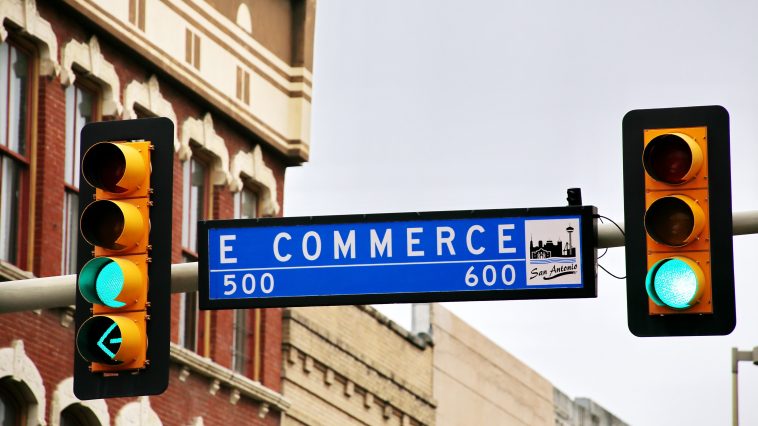MaxAB and Wasoko, the Tiger Global-backed Kenyan e-commerce startup, are in the early stages of a planned merger, aiming to solidify their position as Africa’s premier leader, according to statements from Daniel Yu, CEO of Wasoko, and Belal El-Megharbel, CEO of MaxAB, shared with TechCabal. The anticipated completion of the deal is set for the first quarter of the upcoming year, marking what is already being hailed as the most substantial private tech deal in Africa. Wasoko’s valuation reached $625 million following a $125 million funding round last year, with $113 million received. While MaxAB secured $40 million in October 2022, El-Megharbel chose not to disclose the valuation. Both leaders are tight-lipped about the new company’s expected valuation.
This discussion revolves around an enduring friendship and partnership spanning several years. The aim is to elevate the collaboration to a new level, with the combined company enjoying a substantial financial cushion of tens of millions of dollars on the balance sheet, as expressed by Yu. The merger will be an equity consideration, ensuring existing shareholders receive a share in the new entity. This structure provides flexibility for investors who supported both companies, potentially preserving the valuation at which they initially invested. Daniel Yu from Wasoko mentions that independent investors and board members from both sides are actively involved in the ongoing negotiations. Notably, Wasoko and MaxAB have secured nearly $245 million in funding from venture capital investors.
MaxAB’s El-Megharbel expressed, “Cracking this business is exceptionally challenging, demanding specific talent and well-capitalized companies. Before 2001, more than 10 companies attempted what Amazon achieved. Typically, after a crisis, a clear winner emerges. Bringing both firms together enhances their chances to emerge victorious.”
Between 2019 and 2022, venture capital investors heavily invested in entrepreneurs developing tech companies focused on digitizing Africa’s informal wholesale market for consumer goods. Termed ‘B2B e-commerce,’ this model differs from the direct-to-consumer approach of platforms like Jumia and Souq.com (acquired by Amazon). B2B e-commerce, targeting street shops and small retailers in cities and towns, was considered more suitable for the African context.
Recently, B2B e-commerce has faced challenges, leading startups such as Wasoko to lay off hundreds of staff and put expansion plans on hold. Social media discussions on X (formerly Twitter) and private conversations on WhatsApp and Telegram, as observed by TechCabal, revealed speculation among investors and founders about the struggles faced by one or both firms, potentially prompting a merger.
El-Megharbel and Yu downplayed those concerns, emphasizing that the market is accustomed to such deals in specific situations. El-Megharbel said, “We and Wasoko have approached this proactively, not out of necessity. Being mature and humble, Daniel and I recognize that waiting longer could lead to a more challenging situation for both companies. The sooner this deal happens, the better for all parties involved.”
Wasoko’s Yu expressed enthusiasm from shareholders on all sides, describing the transaction as a synergy where “1 plus 1 equals 3.” He believes that this deal will solidify their position as the leading B2B e-commerce entity in Africa.
 We just launched our WhatsApp channel. Want to get the latest news from the Tech in Africa?
We just launched our WhatsApp channel. Want to get the latest news from the Tech in Africa?


